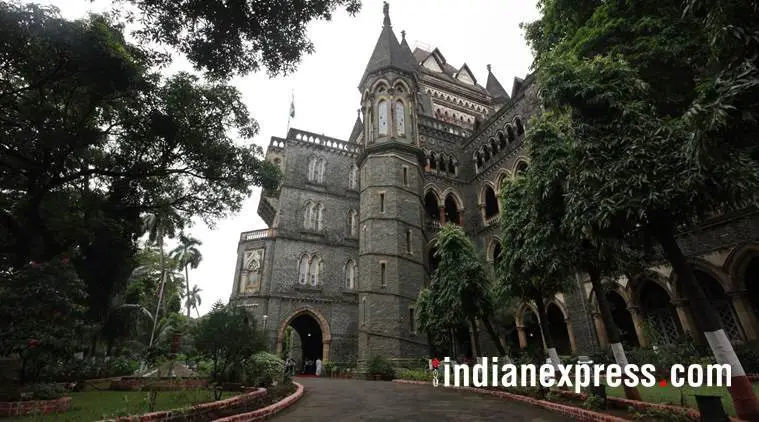 Bombay High Court recently held that prosecuting an accused under both the Indian Penal Code and the Information Technology Act, 2000 ( Source: File Photo)
Bombay High Court recently held that prosecuting an accused under both the Indian Penal Code and the Information Technology Act, 2000 ( Source: File Photo)
THE BOMBAY High Court recently held that prosecuting an accused under both the Indian Penal Code and the Information Technology Act, 2000 would be a “brazen violation of protection against double jeopardy”.
While hearing a petition filed by Gagan Sharma and Shagun Sharma, booked under both IPC and IT Act sections in connection to a cheating case, the court quashed and set aside IPC sections included in the FIR filed by the Maharashtra Police. The court was deciding a principle question whether the invocation and application of the provisions of the IPC can be sustained when the offences committed by the accused are also sought to be brought within the purview of the IT Act.
A division bench of Justice Ranjit More and Justice Bharati H Dangre said that an offence, which attracts invocation of sections 420 (cheating), 408 (criminal breach of trust), 379 (punishment for theft) of the IPC, is also covered by Section 66 (computer related offences) of the IT Act and prosecuting the petitioners under both would be a “brazen violation of protection against double jeopardy”.
Gagan Sharma, vice president (strategy and business development) of Bliss GVS Pharma Limited and Shagun Sharma, a software developer attached with the healthcare industry, were booked by the Shahupuri police in August last year under IPC and IT Act in a case of fraud.
Police had said that during investigation, it found that Manorama Info Solutions Private Limited (an employee from the company is a complainant in the case) had entered into a deal with Bliss GVS Pharma in Kenya to develop an enterprise resource planning (ERP) software for the company’s healthcare division. The police have alleged that an employee of Manorama, Anand Sanmani, joined hands with the Sharmas, who intended to sell the software illegally in Africa.
“Since the Information Technology Act deals with the use of means of electronic communication and has evolved a complete mechanism in itself…, and in the backdrop of the specific facts of the case in hand, section 66 would be attracted and in view of the mechanism contained in the said section, the invocation of the provisions of the IPC is highly unwarranted,” the bench said.
“The Information Technology Act, 2000 being a special enactment, it requires an able investigation keeping in mind the purpose of the enactment and to nab the new venturing of crimes with the assistance of technology,” it added. It maintained that if the special enactment, in form of the IT Act, contains a special mechanism to deal with the offences falling under its purview, then the invocation and application of the IPC provisions to the same set of facts is “totally uncalled for”.
Arguing that the criminal proceedings against the petitioners are misconceived, the counsel for the Sharmas told the court: “…Section 43 (penalty and compensation) of the IT Act, read with Section 66, is sufficient to take care of the acts alleged against the petitioners… The offences under the IT Act are compoundable and bailable…”
The counsel submitted that by applying IPC sections, an attempt was being made to deprive the accused of the chance to get bail, the provision for which is available under the IT Act and not the IPC.
“In the light of the binding precedent laid down by the Supreme Court, the provisions of the IT Act has been given an overriding effect to cover criminal acts contained in the IPC and this law, which is a special law, must prevail over the general law… and therefore, invocation of provisions of Indian Penal Code against the petitioners in the facts of the case is ex facie, erroneous and without jurisdiction,” the counsel added.
Cyber lawyer Pavan Duggal said that both IPC and IT Act sections are invoked in cases to ensure that the accused do not get bail. “In a number of cases, IT Act is charged with IPC sections because both are distinct in nature. Given the fact that IT Act is a special law and that cyber crime under the Act do not conflict with the provisions of IPC, there is no legal impediment in invoking distinctive offences under both laws. But if both IPC and IT Act are not invoked, then the accused could go scot-free. So, both should be applied simultaneously to ensure that the accused do not get bail.”
When contacted, DGP (Home Guards) Sanjay Pandey said, “While it is open for the court to interpret, but in normal circumstances, if IPC sections have to be excluded, this would usually be mentioned in the IT Act.”